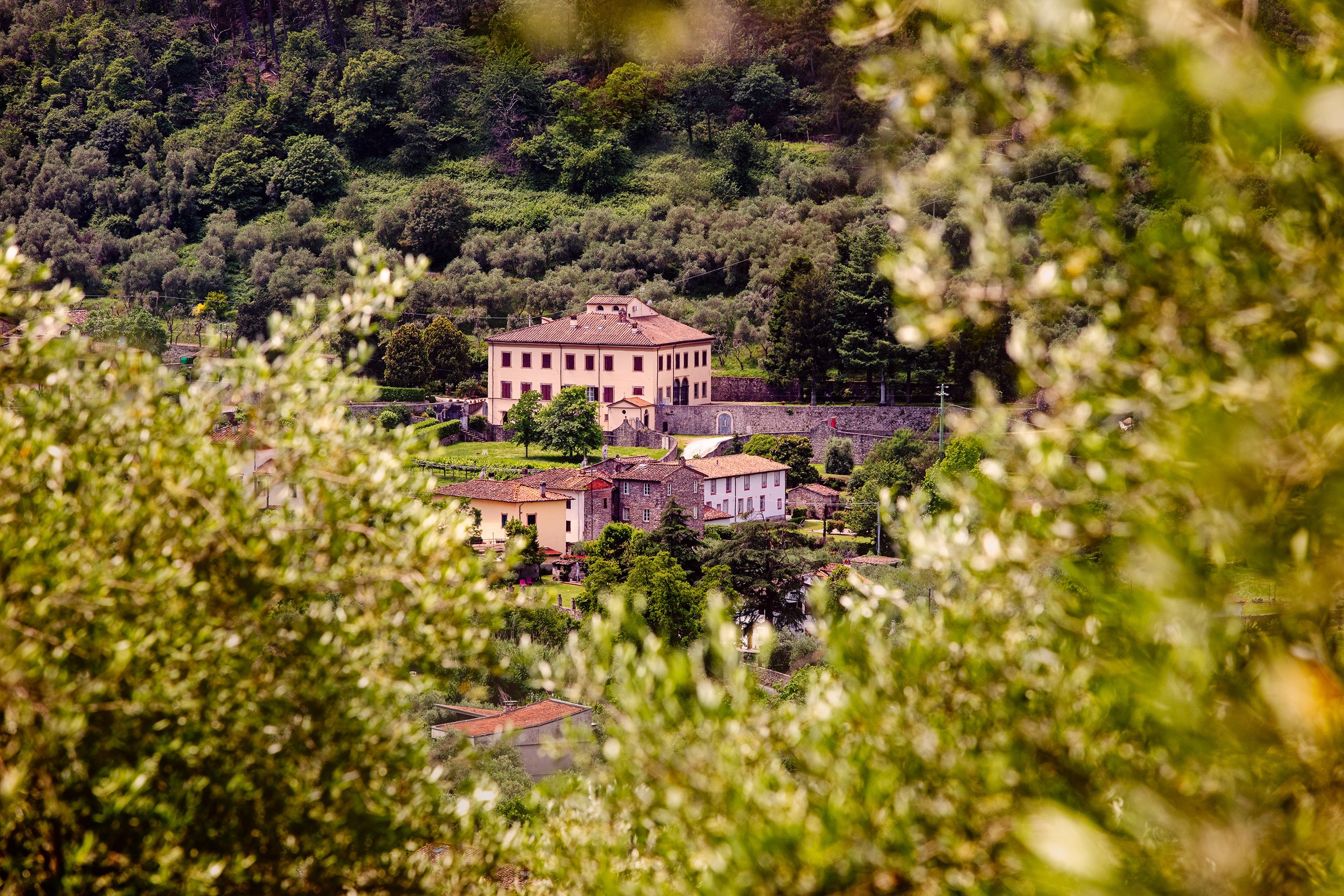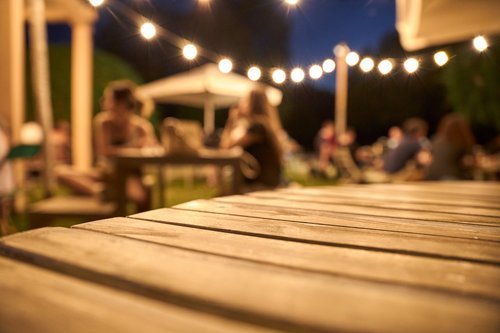
What is a “modern pilgrim”? Aren’t they just hikers?
Unlike the solely spiritual intention of early centuries’ pilgrims, there are many different reasons that compel people to undertake a very long hike today. A primary reason is the opportunity to re-evaluate one’s life. Detaching from technology and the rabid list of “to-do’s” can open a space to consider different ways of living. Other pilgrims are compelled by a physical challenge or a cultural experience.
Many still seek a spiritual experience—an unhurried opportunity to meet God on the path walked by millions before them. Ultimately, each pilgrim is seeking transformation and transcendence, a uniting of the inner and outer journeys.
“[Pilgrimage is] what the Celts called a ‘thin place,’ where the gap between heaven and earth is small,” says Iain Tweedale, a hiking guide. “After several days walking, when the mind calms, you observe your surroundings more keenly, seeing simple things like rocks, flowers, and birds as if for the first time. The outer journey from place to place becomes an inner journey from head to heart.”
“There’s usually a reason for pilgrimage—resolving an issue, bringing something in, letting something go,” says Guy Hayward, co-founder of the British Pilgrimage Trust. He believes that at the heart of true pilgrimage is intention, determined by your heart and activated by your feet.
What is a “pilgrim house?” Is it like a hostel?
The Villa di Vorno is both a sacred place on an ancient path and a modern hostel—a 16-bedroom refuge for pilgrims on one of Europe's most famous routes.
Our mission is to:
Serve and meet the practical needs of the pilgrim
Provide places where pilgrims can gather together and share stories, maintaining the strong sense of community that forms along the Via Francigena (VF).
Create welcoming and beautiful spaces where pilgrims can reflect on their journeys. We celebrate the uniqueness of everyone’s VF experience and welcome all pilgrims.

“In each of us dwells a pilgrim. It is a part of us that longs to have direct contact with the sacred.”
- Phil Cousineau
Pilgrimage
Every pilgrim’s first step is a response to a longing. Desire for change, adventure or freedom has knocked on the heart’s door. Something is beckoning and must be heard. And heard now.
Those who have said yes to this prompting find that a change of scenery is easier than a change of heart. Beauty and affliction have awakened something. And this path is its midwife, cheering and guiding with gentle nudges and helpful signposts.
We honor the wilderness, the valley and the mountaintops as fellow travelers, not experts. We make room for the intricacies and integrity of each individual path. Not as authorities, but as companions with eager ears and gentle eyes.

“Hospitality is not to change people, but to offer them space where change can take place.”
- Henri Nouwen
Hospitality
The word evolved from the Latin referring to the relationship between guest and host, stranger, or visitor. The ancient Greek concept suggests the generative gift of “guest-friendship.” The heart of this home is warm welcome and rest. We seek to offer an open-arms and open-heart friendship to all who cross our threshold.
Villa di Vorno’s “guest-friendship” looks like: anticipating your arrival, opening doors, filling cups and plates, offering hope, care and refuge. We turn our hearts toward the intersection of beauty and affliction, especially in the ordinary of the everyday.

“Around the table . . . we recognize our need for someone to look us in the eye and truly see us, for someone to lean in and listen to us, for someone to nod and acknowledge that we’re not alone.”
- Margaret Fineberg
The Table
We believe friendships are best served at the table. We nourish the bodies and spirits of our guest-friends seated together around a place of unhurried provision. When the table is set well, it can become an altar where our hearts can kneel and—aloud or unuttered—offer our simple prayers, “Help” and “Thank you” and “Wow!”
At the table, we are witnesses to the beauty of the pause, the soothing and the settling. We bask in its generosity, and we wait with wonder for all the gifts for having gathered.






